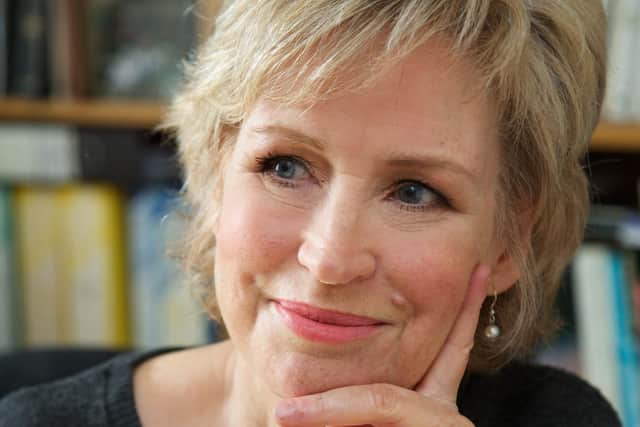Set both during and after the Highland Clearances, Sally Magnusson’s finely-crafted novel is about cruelty and injustice, but also about healing and redemption, writes Allan Massie
There is nothing tentative about Sally Magnusson’s new novel; it is a fine piece of craftsmanship. She tackles a dual timescale with perfect assurance. It is a historical novel, set in the 1840s and the 1880s, and the its theme is loss redeemed by love and tenderness.
The Highland Clearances, or rather one particularly cruel clearance, are at the heart of the novel. This is a well-trodden subject and has been so for a long time now; there are fine novels about it by Neil Gunn, Iain Crichton Smith, Fionn McColla, James Robertson and David Keir Cameron, though the last of these dealt with a Lowland clearance. Magnusson yields nothing to any of them, and this is high praise.
It begins in Rutherglen, just outside Glasgow, in 1885. Niall, a shoemaker just returned to Scotland after years in the USA, is looking for a lodging and is directed to one. His landlady is a tall, brusque woman with a ruined face, but he settles in and some sort of relationship is established. Her voice reminds him of his mother speaking English in America. When he sings an old song from the Highlands, she tells him to stop because she never liked it.


We go back in time to Glencalvie in Strathcarron, an idyllic place for children to grow up. The most remarkable is a young girl, Jamesina Ross; she is musical and intelligent, so much so that the Free Kirk minister teaches her Latin. When they are threatened with eviction, she impresses a young journalist from The Times in London to come and report on what is already being seen as cruel injustice. But the work goes on, first one eviction, then years later a second, this time with the women victims of brutal violence at the hands of the police.
The two strands of the story will come together as Niall learns more about the Widow Bain, hints of her dead children and harsh, unhappy marriage. Was it her husband who damaged her face so horribly, or someone else? The reader may be ahead of Niall at this point, quicker also to realize that she is entering the cruel wasteland of dementia. (Magnusson’s first book was a moving account of her own mother’s journey into that dark forest.)
This is a novel that is distinguished by sympathetic imagination. The dispossessed are victims of a cruel historical injustice, there is no question about that, but Magnusson offers understanding as well as sympathy; history always has its victims. The question is how they respond. Damaged lives can be repaired by love and sympathy. The Widow Bain is a remarkable, unforgettable character. The reader may again be ahead of Niall in guessing who she was. But this is as intended by the author. It is indeed evidence of her craft that she does not insult our intelligence and understanding by springing anything like a cheap surprise ending on us. The novel is about cruelty and injustice, but also about healing and therefore redemption.
There is beauty as well as pathos in the evocation of the lost Eden, echoes of Edwin Muir and George Mackay Brown. All the characterisation is rich, not only the Widow Bain and Niall, but members of families scattered abroad, and apparently minor but important ones like the Free Kirk minister, the journalist and Niall’s friends, those who have helped him on his way through a difficult life, and the German doctor for whom he makes shoes who leads him to an understanding of the Widow’s disordered mind. There is no easy sentimentality but Magnusson has the self-confidence and maturity to give us a happy ending; that is to say, one that in reconciliation offers hope.
In short this is a delightful and sympathetic novel, beautifully written. If it doesn’t make at least the shortlist for next year’s Walter Scott Prize I shall be astonished. It has what Ford Madox Ford thought the mark of a great novel: the ability to make you think and feel at the same time; and you can’t or shouldn’t ask for more than that from a work of art.
Music In The Dark, by Sally Magnusson, John Murray, 312pp, £16.99
